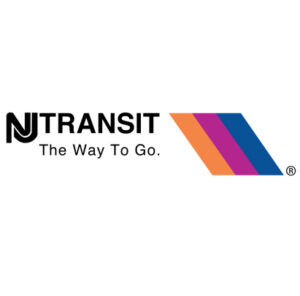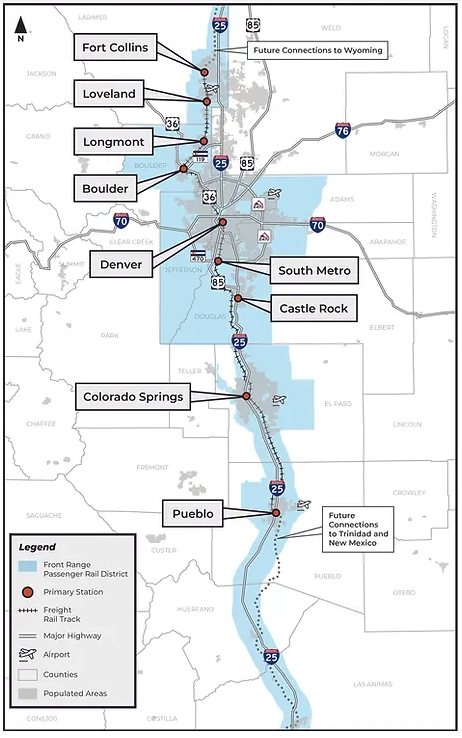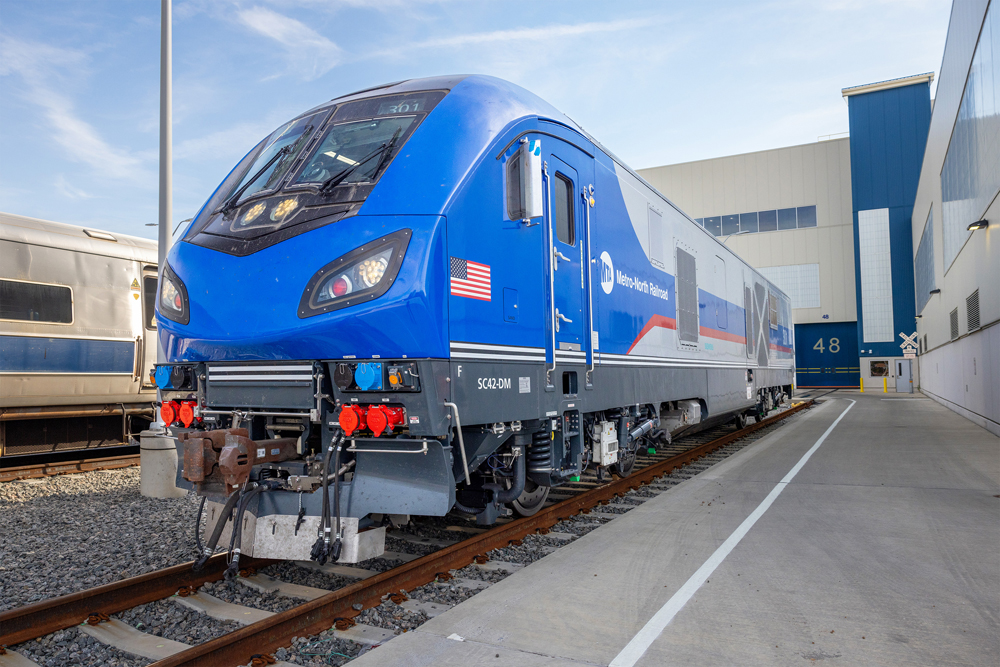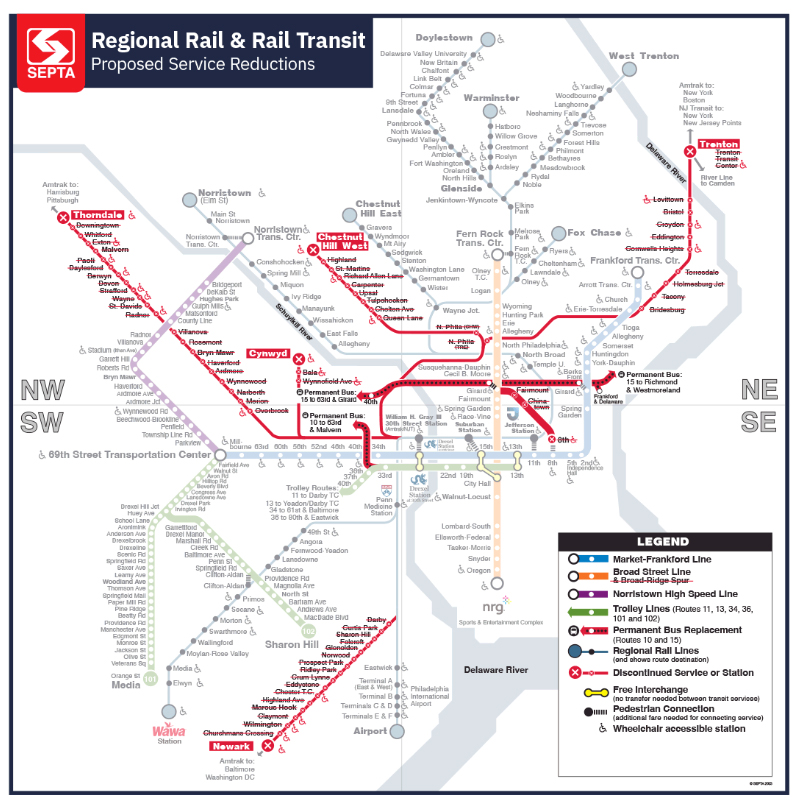 TRENTON, N.J. — NJ Transit will exercise an option to buy 25 more bilevel electric multiple unit railcars following approval of the $74 million purchase by the agency’s board of directors on Wednesday.
TRENTON, N.J. — NJ Transit will exercise an option to buy 25 more bilevel electric multiple unit railcars following approval of the $74 million purchase by the agency’s board of directors on Wednesday.
NJ.com reports the additional Multilevel III cars will be built by Alstom following completion of a 113-car order placed in 2018. The last of those cars is slated to be delivered in February 2026, with the new order to be delivered in July 2026. The purchase is part of the Portal North bridge project, addressing additional capacity to be created by replacing the existing bridge over the Hackensack River, a longtime trouble spot on the Northeast Corridor. A federal grant will cover 80% of the cost, with $14.26 million to be covered by NJ Transit.
The order will include five cab cars, 17 trailer cars, and three trailer cars with restrooms.
“The 25 cars are an integral element of the project as they allow us to meet the established goals for increased capacity,” NJ Transit CEO Kevin Corbett said.
Also on Wednesday, NJBiz.com reports that NJ Transit named James Sincaglia as senior vice president and general manager of rail operations. Sincaglia joined the agency in 1996 and has been acting general manager since April 2020.
“Jim has been instrumental in guiding us through some of the most innovative projects and industry-leading technological advances, including successfully meeting the Positive Train Control deadlines,” Corbett said in a statement. “I have full confidence in Jim’s ability to handle the challenges associated with keeping our rail system moving each day with our customers’ best interest in mind.”














Few railroad companies in North America, apart from NJ Transit and Alstom, are aware of the fact that commuter trains are the backbone of city life!
The related recent Multilevel III railcars will replace 40-plus-year-old Arrow III single-levels, and are slated to be added to nine existing multilevel peak-hour trains.
They will offer an 11% increase in seating capacity over NJ Transit’s existing single level cars that they will subrogate.
The new railcars have a maximum speed of 110 mph and will be compliant with the latest federal regulations, such as Positive Train Control.
They will also feature USB charging ports for customers and modern, onboard information displays.
Dr. Güntürk Üstün
I’m glad somebody’s increasing capacity, albeit in 2026